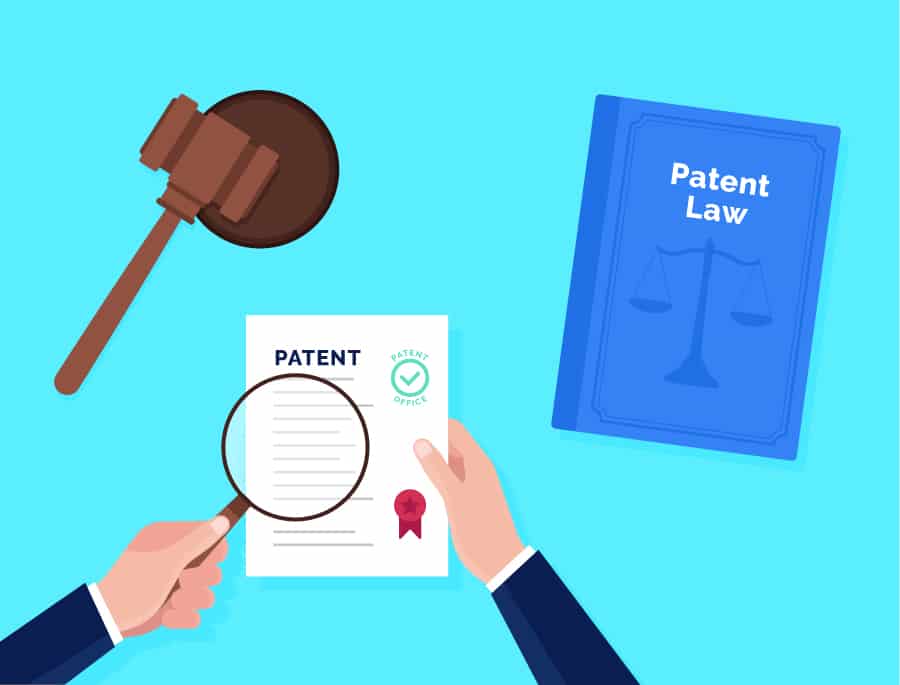The European Commission published in late November a new Action Plan concerning patent licensing guidelines which proposes to upgrade the bloc’s patent framework to balance intellectual property (IP) policies to help companies, particularly small and medium sized enterprises, to capitalise on their inventions amid health and economic crises, as well as digital and green transitions.
The EU’s proposed plans include measures that bypass patents in order to facilitate the sharing of critical IP in times of crises.The EU’s new Pharmaceutical Strategy also includes incentives for companies to shift production to Europe to tackle shortages of medicine to the bloc through faster procedures during crises to produce generic versions of drugs in EU member states without the consent of patent holders.
If implemented, this could have important implications for pharmaceutical companies who are currently working on a vaccine for COVID-19. The proposed compulsory licensing may also affect industries beyond the health and medical sectors as the definition of a crisis or an emergency is not currently clear.
While compulsory licensing is reportedly allowed under the rules in emergencies of the World Trade Organization and can be applied during the current pandemic, the European Federation of Pharmaceutical Industries and Associations (EFPIA) said in a statement that it is “not an effective policy tool to create access and puts at risk any incentive to invest in medical innovation”.
The EU is also advocating for stricter IP protection measures against foreign actors -a move that appears contradictory to its call for compulsory licensing. The Action Plan has provisions to evaluate current licensing practises, IP valuation, and royalties through the creation of an expert group. It also proposes stricter enforcement of IP rights through the establishment of an EU anti-counterfeiting toolbox.
The stringent IP protection plans, while seemingly at odds with its proposal to implement compulsory licensing, may be necessary in order to adequately safeguard the EU’s knowledge economy. The EU notes that the value of intangible assets such as IP is growing across most of its industrial ecosystem and that industries which are IP-intensive account for 45% of all GDP and 93% of all EU exports.
As part of its efforts to improve IP protection, the EU guidelines also include a call to member states to roll out a unitary patent system in order to create a “one-stop-shop for patent protection and enforcement across the EU”. The measures also provide for a new financial assistance scheme from EUIPO totalling € 20 million for the first year to boost SMEs’ filing for patents. Currently, the Commission reports that only 9% of SMEs file for IP protection.
The new guidelines may also have implications for giant companies such as Qualcomm and Apple who have reportedly lobbied to regulators with other companies such as Ericsson, Nokia, Volkswagen and Daimler to express their views on the issue.






